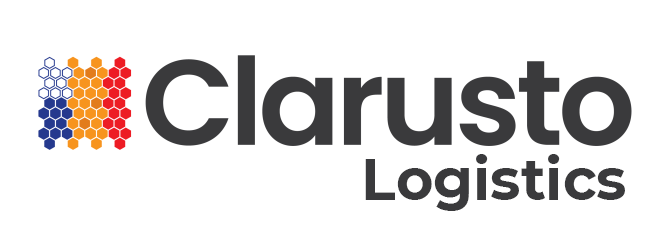Discover how Hyperautomation in logistics is transforming operations with AI, robotics, and automation for enhanced efficiency and cost savings.
What is Hyperautomation in Logistics?
Hyperautomation in Logistics is a concept that goes beyond traditional automation by integrating advanced technologies such as artificial intelligence (AI), machine learning (ML), and robotic process automation (RPA). It involves the use of these technologies to automate complex business processes, providing a comprehensive solution for optimizing operations across various industries, including logistics.
The Impact of Hyperautomation on Logistics Operations
Hyperautomation in logistics is driving significant changes in the industry. Here’s how:
1. Enhanced Efficiency Through AI-Powered Logistics
AI-powered logistics solutions are at the forefront of Hyperautomation in Logistics. By leveraging machine learning algorithms and predictive analytics, companies can optimize their supply chain operations in real-time. These technologies enable more accurate demand forecasting, better inventory management, and streamlined route planning. As a result, logistics operations become more agile and responsive to changing market conditions.
2. Automated Logistics Systems: Streamlining Operations
Automated logistics systems are a key component of hyperautomation. These systems integrate various technologies to handle repetitive and time-consuming tasks. For example, automated warehousing systems use robotics to pick and pack items, reducing the need for manual labor and minimizing errors. Similarly, automated sorting systems speed up the processing of shipments, ensuring faster delivery times.
3. End-to-End Automation: A Comprehensive Approach
End-to-end automation is another crucial aspect of hyper-automation in logistics. It involves the automation of the entire supply chain process, from procurement to delivery. By integrating technologies across the supply chain, companies can achieve greater visibility, control, and efficiency. This comprehensive approach ensures that every stage of the logistics process is optimized, reducing delays and improving overall performance.
4. Improving Accuracy and Reducing Errors
One of the major benefits of hyperautomation is its ability to enhance accuracy and reduce errors. Traditional logistics processes are often prone to human errors, which can lead to costly mistakes and delays. By automating these processes with AI-powered systems, companies can minimize the risk of errors and ensure that operations run smoothly. This not only improves the reliability of logistics services but also enhances customer satisfaction.
5. Driving Cost Savings and ROI
Implementing hyperautomation in logistics can lead to significant cost savings. By automating repetitive tasks, companies can reduce labor costs and improve operational efficiency. Additionally, AI-powered systems can help identify and eliminate inefficiencies, leading to better resource utilization and lower operational costs. The return on investment (ROI) from hyperautomation is often substantial, making it an attractive option for logistics companies looking to enhance their operations.
Challenges and Considerations
While hyperautomation offers numerous benefits, it also presents certain challenges. Implementing advanced technologies requires a significant investment and a shift in organizational culture. Companies need to ensure that their workforce is adequately trained to work with these new technologies and that they have the necessary infrastructure in place. Additionally, data security and privacy are important considerations when integrating AI and automation into logistics operations.
The Future of Hyperautomation in Logistics
As technology continues to advance, the scope of hyperautomation in logistics is expected to expand further. Innovations in AI, robotics, and data analytics will drive even greater efficiencies and capabilities. Companies that embrace these technologies will be well-positioned to stay competitive and meet the evolving demands of the logistics industry.
In conclusion, hyperautomation is redefining logistics operations by enhancing efficiency, accuracy, and cost-effectiveness. With the integration of AI-powered logistics solutions and automated logistics systems, companies can achieve a new level of operational excellence. Embracing end-to-end automation will not only streamline logistics processes but also pave the way for future innovations in the industry.

